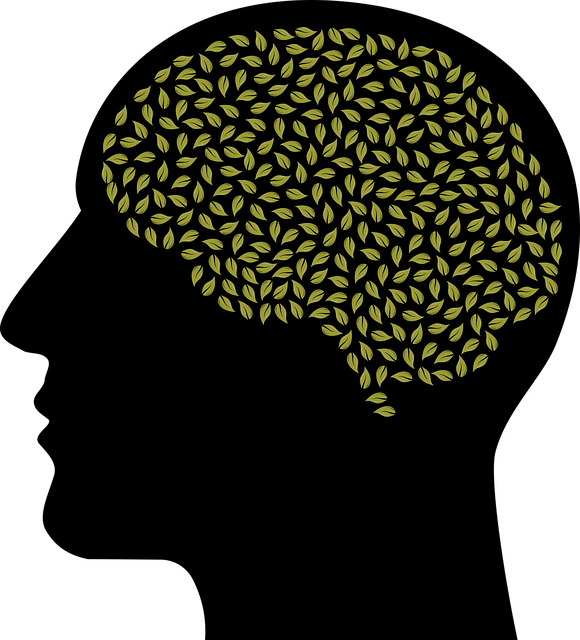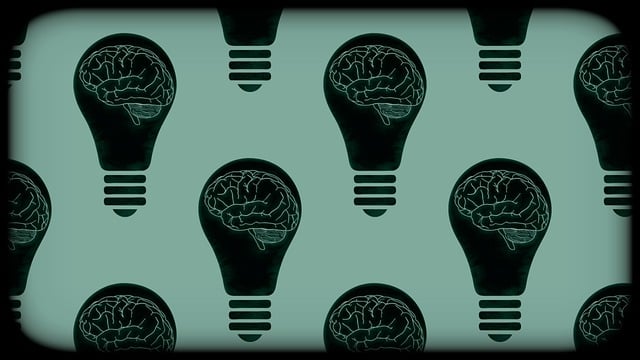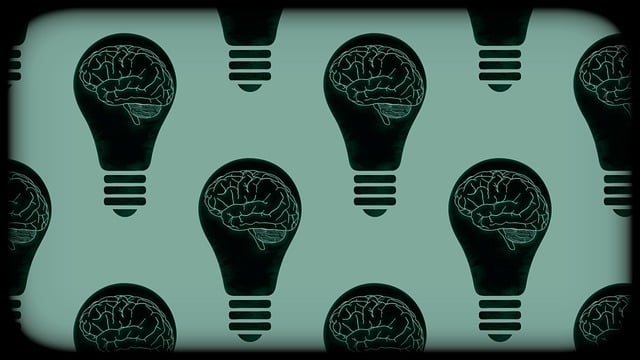Mental health professionals treating French-speaking adolescent teens face unique challenges tied to identity formation, emotional development, and cultural differences. Effective therapy requires advanced skills in listening, empathy, and cultural sensitivity, incorporating compassion cultivation and trauma support services. Comprehensive risk assessment strategies integrated into sessions focus on stress management and crisis intervention, fostering resilience and well-being. Tailoring emotional healing practices respects diverse francophone communities' views on mental illness, enhancing open communication and improving treatment outcomes for this culturally diverse clientele.
“In the realm of mental health, risk assessment is an indispensable tool, especially when catering to diverse populations like adolescent teens. This article explores the unique risks inherent in working with this demographic, with a specific focus on French-speaking teens in therapy. We delve into cultural considerations that shape their experiences and needs, highlighting the importance of comprehensive risk assessment strategies. Understanding these factors equips mental health professionals with the knowledge to provide effective, tailored support.”
- Understanding the Unique Risks in Adolescent Therapy
- Cultural Considerations for French-Speaking Teens
- Implementing Comprehensive Risk Assessment Strategies
Understanding the Unique Risks in Adolescent Therapy

Mental health professionals who specialize in therapy for adolescent teens speaking French face unique challenges. Adolescents, by their very nature, are going through a period of significant identity formation and emotional development, often grappling with issues like anxiety, depression, and trauma. These complex mental health concerns require therapists to possess advanced skills in active listening, empathy, and cultural sensitivity, especially when working with French-speaking teens from diverse backgrounds.
Compassion cultivation practices and trauma support services are crucial components of effective therapy for this demographic. Healthcare provider cultural competency training is essential to ensure therapists can create a safe, non-judgmental space that respects the individual’s cultural values and beliefs. By integrating these approaches, mental health professionals can better serve French-speaking adolescents, fostering healthy development and resilience while navigating the intricate factors that contribute to their unique challenges.
Cultural Considerations for French-Speaking Teens

When conducting risk assessments for French-speaking teenaged clients, cultural considerations are paramount to ensure effective therapy. Many adolescents from francophone backgrounds may face unique challenges related to their heritage and identity, which can impact their mental health and therapeutic journey. For instance, cultural beliefs about expressing emotions, seeking help, or views on mental illness can vary significantly among different communities within France and its diaspora.
Mental health professionals should incorporate compassion cultivation practices and emotional healing processes tailored to these specific populations. By fostering a safe and understanding environment that acknowledges the richness of French-speaking teens’ cultural backgrounds, therapists can facilitate open communication. This approach not only strengthens the therapeutic alliance but also enables the exploration and integration of traditional coping mechanisms and values into modern Emotional Well-being Promotion Techniques, ultimately enhancing treatment outcomes for this diverse clientele.
Implementing Comprehensive Risk Assessment Strategies

In the realm of mental health care, especially when catering to adolescent teens speaking French, implementing comprehensive risk assessment strategies is paramount. This involves a multi-faceted approach that transcends traditional diagnostic tools. Therapists must be adept at integrating advanced risk assessment models alongside tailored interventions designed to mitigate potential dangers. By weaving crisis intervention guidance into the fabric of therapy sessions for adolescent teens, professionals can navigate complex emotional landscapes effectively.
Stress management stands as a cornerstone in this process, allowing practitioners to anticipate and address emerging risks proactively. Leveraging sophisticated risk assessment for mental health professionals equips them with the knowledge and skill set needed to offer targeted support, tailored to each teen’s unique needs. This holistic approach ensures that therapy remains not just a treatment but a transformative journey, fostering resilience and well-being in a nurturing environment conducive to French-speaking adolescents.
In the realm of mental health, especially when catering to the needs of adolescent teens from diverse cultural backgrounds, such as French-speaking individuals, a thorough understanding of risk assessment is paramount. By navigating the unique challenges and cultural considerations outlined in this article, including the specific risks in adolescent therapy and implementing comprehensive strategies, professionals can enhance their practice and better support vulnerable youth. This holistic approach ensures that every teen receives culturally sensitive care tailored to their needs, fostering effective therapy for French-speaking adolescents.









